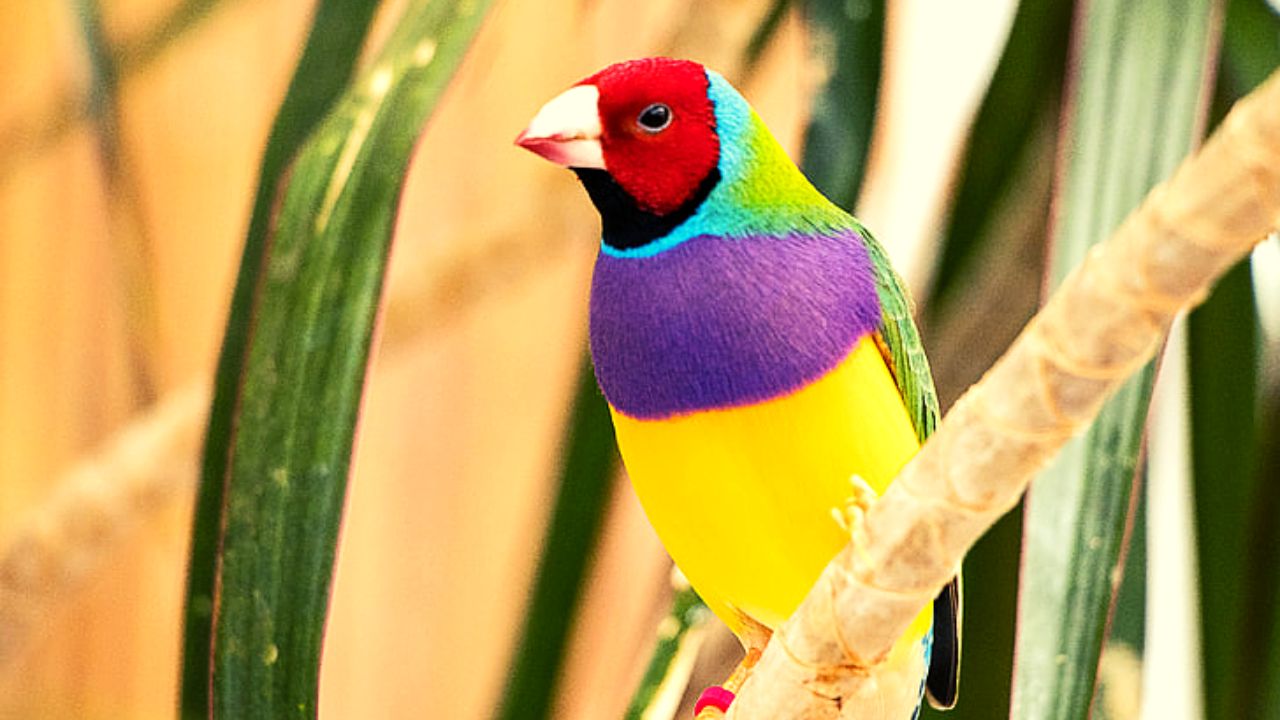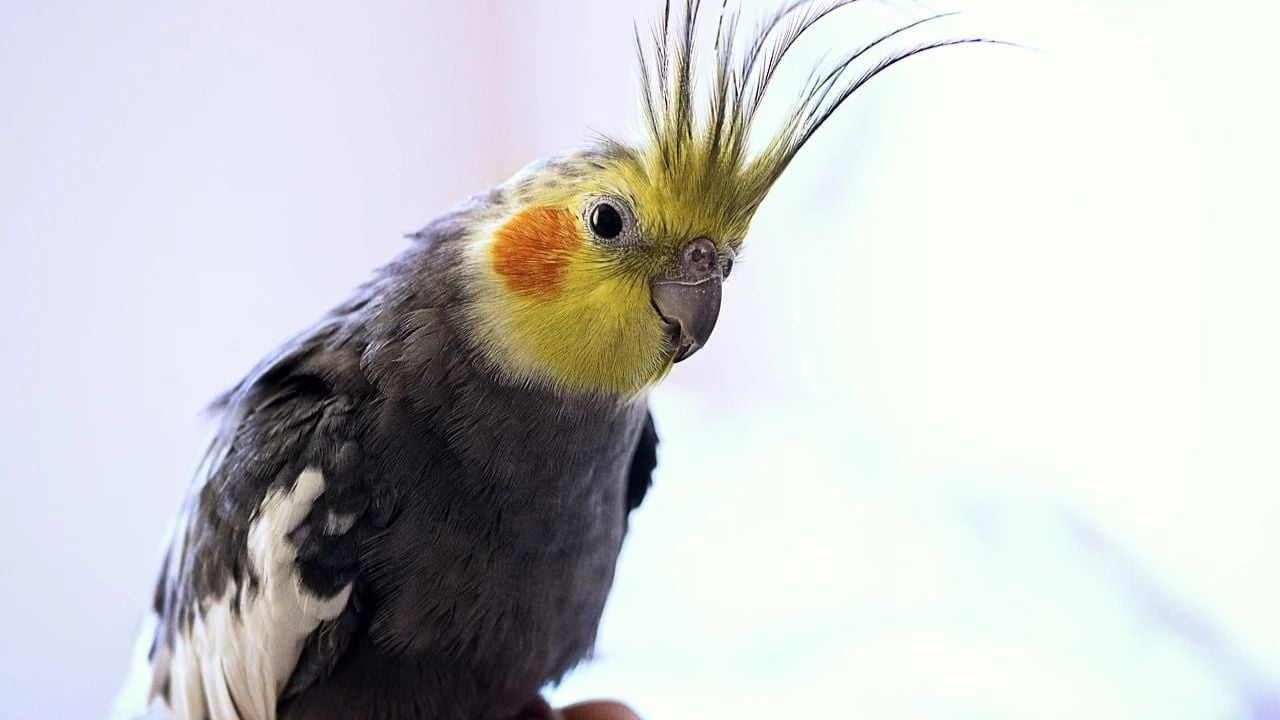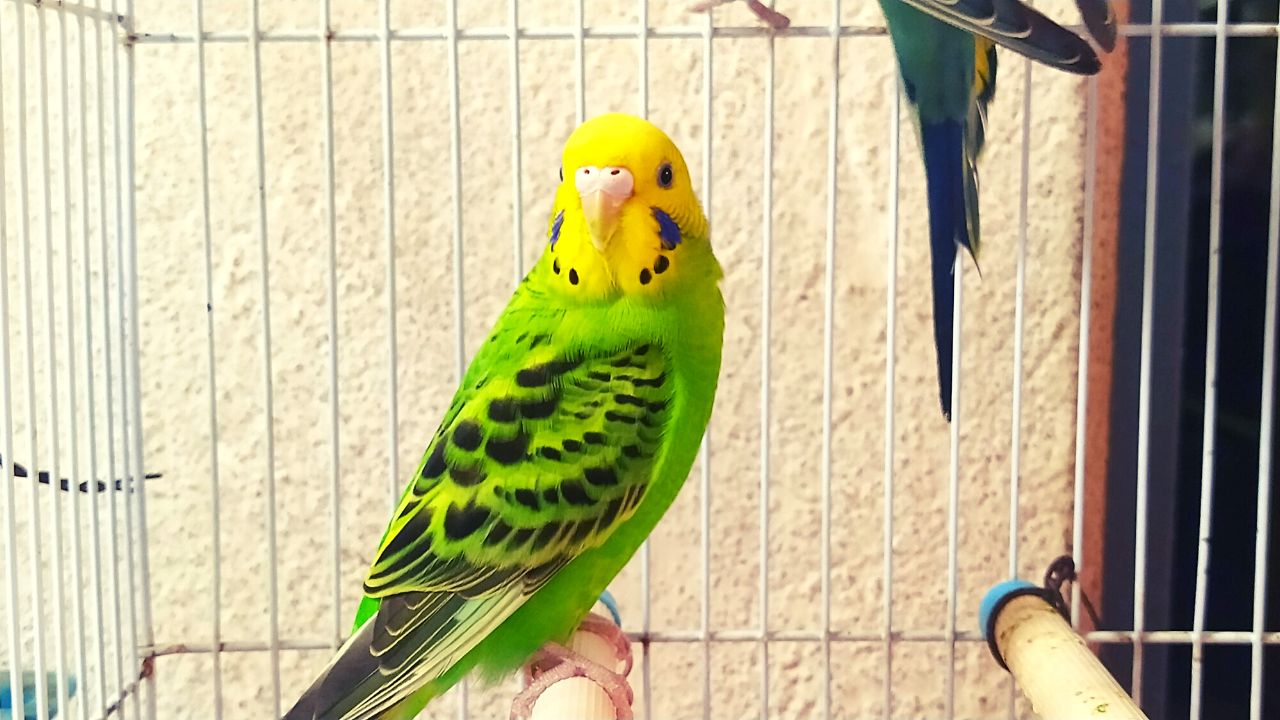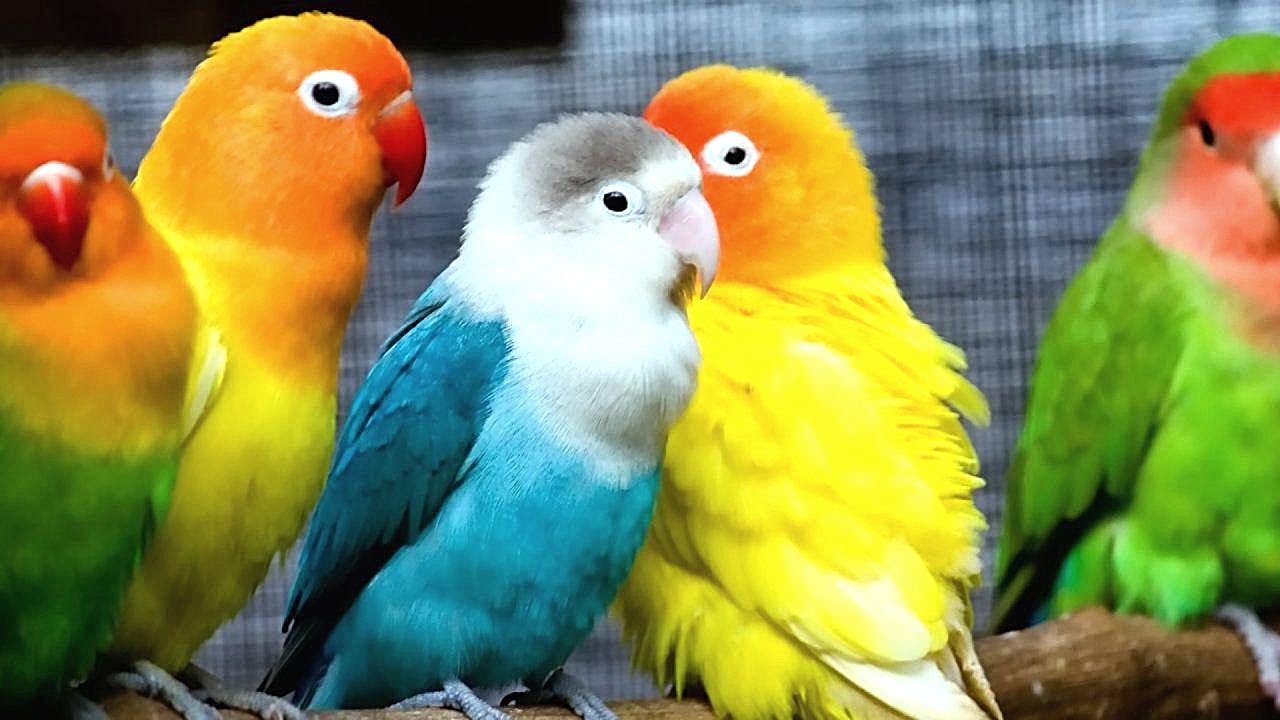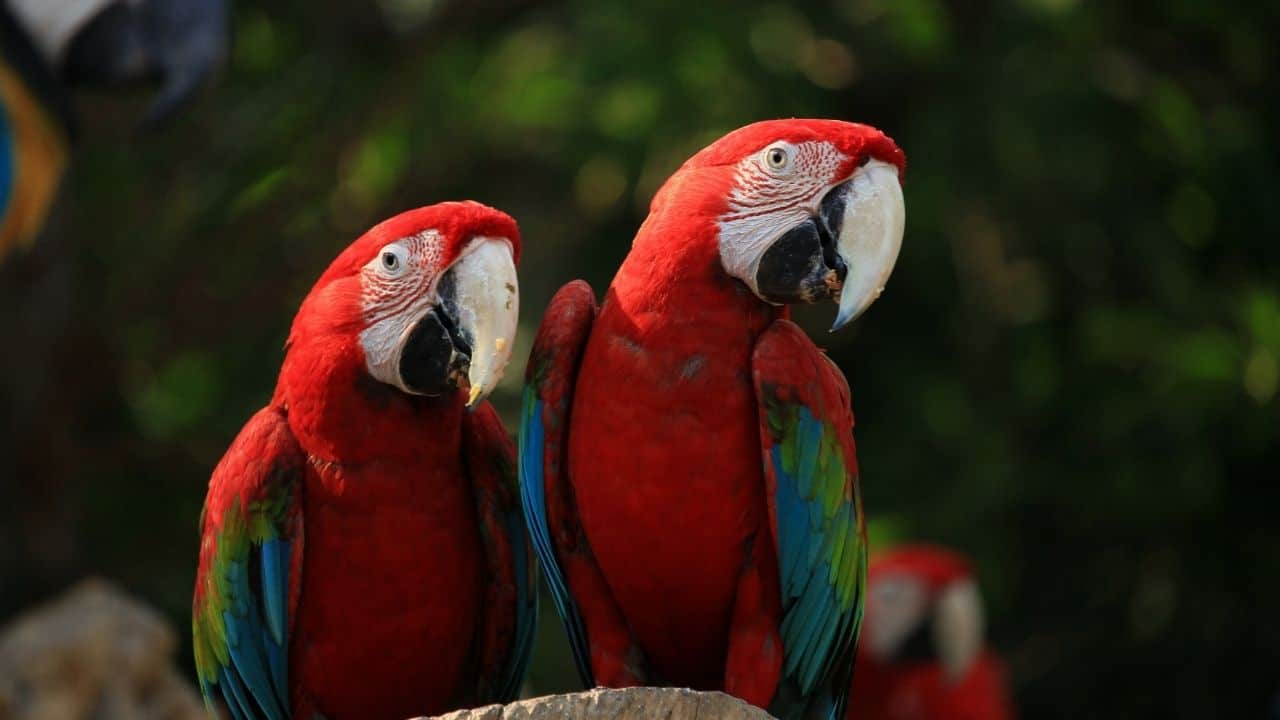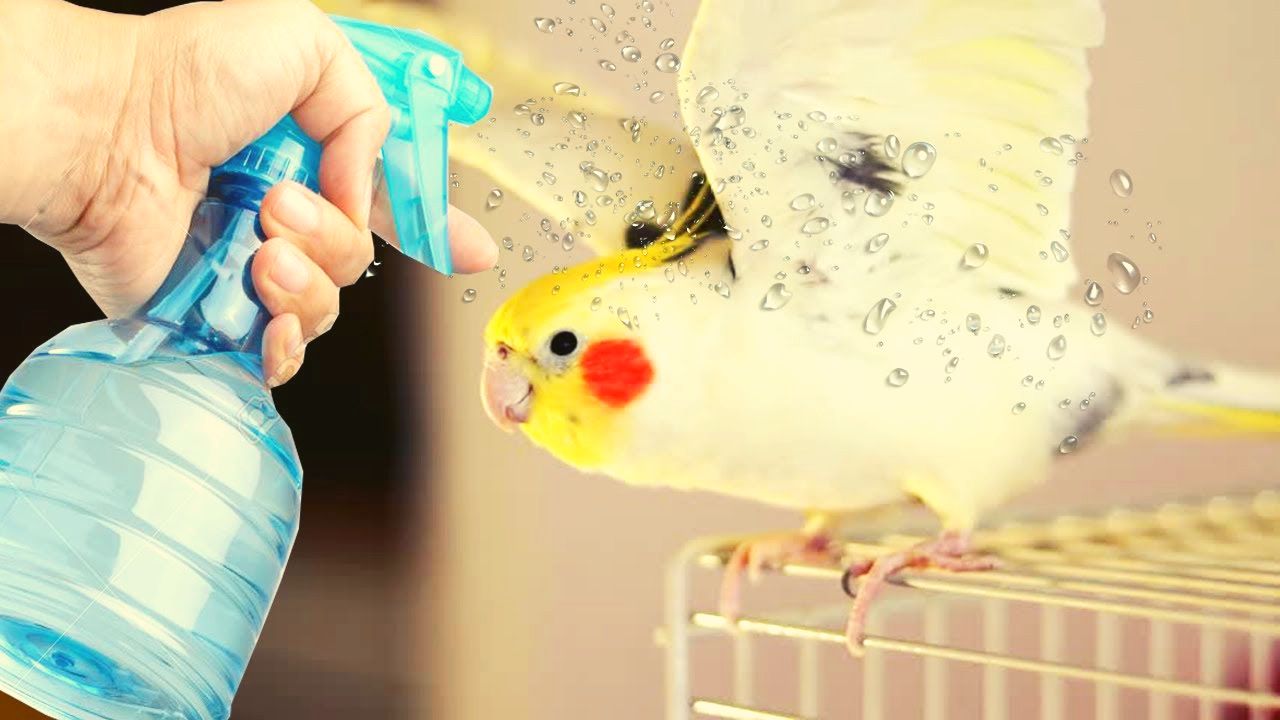
Table of Contents
As summer approaches, it is essential to pay extra attention to the well-being of your pet birds. The season brings heat waves, humidity, and various other factors that can impact the health of your feathered friends. In this article, we will discuss some essential tips and tricks for caring for your pet birds during summer.
Taking care of your pet birds during the summer can be challenging, but with the right strategies, you can ensure they remain healthy and happy throughout the season. As a bird owner, you are responsible for keeping your birds safe and comfortable during the hot and humid summer months.
What Happens to Pet Birds in Summer?
Pet birds are vulnerable to heatstroke, dehydration, and other issues during the summer months. They cannot regulate their body temperature, making them more susceptible to heat-related illnesses. Additionally, high temperatures can affect their metabolism, leading to a loss of appetite and decreased activity levels.
Why is Summer Care Important for Pet Birds?
Proper summer care is crucial for pet birds, ensuring their well-being and preventing various health issues. Additionally, it helps maintain their energy levels, ensuring they remain active and engaged. A well-cared-for bird is a happy and healthy bird.
Essential Tips for Taking Care of Pet Birds in Summer
Here are some essential tips for taking care of your pet birds during the summer months:
1. Keep Your Birds Hydrated
Birds need to stay hydrated to maintain their body temperature and overall health. Ensure your pet birds can access fresh, clean drinking water throughout the day. Add ice cubes to their water bowl to keep the water cool and refreshing. Additionally, you can mist them with water using a spray bottle to help them cool down.
2. Provide a Cool Environment
Create a relaxed and comfortable environment for your pet birds by keeping their cages away from direct sunlight and heat sources. You can use a fan or air conditioning to keep the temperature cool and comfortable. A temperature between 70 to 80°F is ideal for most pet birds.
3. Watch Out for Signs of Overheating
Birds can overheat quickly, leading to serious health issues such as heatstroke. Watch for signs of overheating, such as panting, open-beak breathing, and lethargy. If you notice these symptoms, immediately move your bird to a more relaxed environment and provide them with water. Semantically related keywords: overheating, heatstroke, symptoms, prevention.
4. Modify Their Diet
During the summer months, your pet birds may require a modified diet. You can provide them with more fruits and vegetables with high water content, such as watermelon and cucumber. Additionally, you can reduce the amount of protein in their diet, as it increases their metabolic rate and body temperature. A well-balanced diet is essential for the health and well-being of your pet birds. Semantically related keywords: diet modification, fruits and vegetables, water content, metabolic rate.
5. Avoid Taking Your Birds Outside During the Day
Avoid taking your pet birds outside during the day, especially during peak temperatures. If you must take them outside, ensure they are in a shaded area and provide them with water. Exposure to direct sunlight and high temperatures can lead to heatstroke and other health issues.
6. Keep Their Cages Clean
Ensure your pet bird’s cage is clean and free from debris or droppings. A clean cage promotes good health and prevents the growth of harmful bacteria.
7. Provide Adequate Ventilation
Ensure your pet bird’s cage is well-ventilated, allowing for proper air circulation. Good ventilation helps prevent the growth of harmful bacteria and promotes good health.
8. Schedule Regular Vet Check-Ups
Schedule regular vet check-ups to ensure your pet birds are healthy. Your veterinarian can provide additional tips and advice on caring for your pet birds during the summer.
How Birds Beat the Heat: Unique Adaptations to Stay Cool
As temperatures rise during summer, humans turn to air conditioning and cold drinks to stay comfortable. But how do birds cope with the heat? As it turns out, these feathered creatures have developed unique ways to adapt to weather conditions and keep calm.
Gular Fluttering: Rapid Breathing to Reduce Body Temperature
Nocturnal birds like owls use gular fluttering to regulate their body temperature. This involves rapid, open-mouth breathing and vibrations through the gular or throat membrane. The process leads to cooling evaporation, much like sweating in humans.
Special Feathers for Water Storage
Sandgrouse, a bird that lives in arid regions, has special feathers on its belly that allow it to soak up water like a sponge. The bird can then transport the water to its young or use it for hydration.
Defecating on Feet for Cooling
Vultures have a unique way of keeping themselves calm and clean – by defecating on their feet. As the faeces evaporate, it helps regulate the bird’s body temperature and reduce heat stress.
Standing on One Foot to Conserve Energy
Birds like flamingos often stand on one leg, which helps conserve energy and reduce heat exposure. This behaviour is also seen in other species and is believed to help regulate body temperature.
Water Bathing to Dissipate Body Heat
Most birds take a water bath to cool off during hot weather. Water bodies like lakes, rivers, streams, and even puddles allow birds to dissipate body heat and regulate their temperature.
High Altitude Flight for Cooler Air
Like eagles and hawks, Raptors fly at heights with more comfortable air temperatures. This allows them to stay airborne for more extended periods without overheating.
Migration to Suitable Habitats
Millions of birds migrate to suitable habitats where environmental conditions are apt for feeding and breeding. This allows them to avoid extreme temperatures and find more comfortable conditions.
Protecting Young from Heat
Adult birds often shade their chicks to protect them from direct and excessive heat. This helps keep their young safe and comfortable during the hot summer months.
Dust Baths to Clean Feathers and Cool Off
Birds take dust baths in the dust during the summer months. This helps maintain their feathers and frees them from lice or grease, providing a cooling effect.
Activity Limitation During Peak Heat
Birds limit their activities during the day when the sun is at its peak. They are particularly active during the early morning and evening hours when temperatures are more relaxed.
Shade Seeking in Cooler Microclimates
Birds seek shade in trees or bushes with cooler microclimatic conditions, providing respite from the heat. This allows them to cool off and regulate their body temperature.
Puffing Feathers and Fluttering Wings
Puffing out feathers aids birds in circulating air through their entire bodies, while fluttering wings is similar to fanning and allows cool air to reach the warm parts of the bird’s body.
In conclusion, birds have developed a variety of unique adaptations to cope with hot weather. These techniques allow them to regulate their body temperature, avoid heat stress, and stay comfortable in even the hottest conditions. As temperatures continue to rise due to climate change, it is crucial to understand these adaptations and support avian populations in need.
FAQs
How do I keep my bird cool in the summer?
Birds can quickly overheat in hot weather, so keeping them cool is essential. You can keep your bird cool by providing fresh water, misting them with a spray bottle, and providing shade. You can also place a fan near their cage or aviary to circulate the air and provide a cooler environment.
How often should I change my bird’s water in the summer?
You should change your bird’s water at least once a day in the summer or more often if the water becomes dirty or warm. This will ensure your bird can access clean, fresh, and cool water.
Can I take my bird outside in the summer?
Yes, you can take your bird outside in the summer, but you should be cautious and take certain precautions. Ensure your bird is in a secure cage or harness, and keep them out of direct sunlight for extended periods. You can also provide shade with a canopy or umbrella. Avoid taking your bird outside during the hottest part of the day, and ensure they have access to cool water at all times.
How do I prevent my bird from getting sunburned in the summer?
Birds can get sunburned just like humans, so protecting them from the sun’s harmful rays is essential. You can do this by providing shade, keeping them indoors during the hottest part of the day, and applying pet-safe sunscreen to any exposed areas of their skin. You can also provide your bird with a shallow dish of water to splash around in, which can help to cool and protect its skin.
What should I feed my bird in the summer?
Maintaining a healthy and balanced diet for your bird all year round is essential, but you can also offer some seasonal fruits and vegetables in the summer. These can include watermelon, cucumber, berries, and leafy greens. Just be sure to avoid feeding your bird anything toxic or harmful to them.
How do I prevent my bird from becoming dehydrated in the summer?
Birds can become dehydrated quickly in hot weather, so it’s essential to ensure they have access to plenty of cool water. You can also offer them fresh fruits and vegetables with a high water content, like watermelon and cucumber, to help keep them hydrated. Additionally, you can mist your bird with a spray bottle filled with water to help them cool down and absorb moisture through its feathers.


